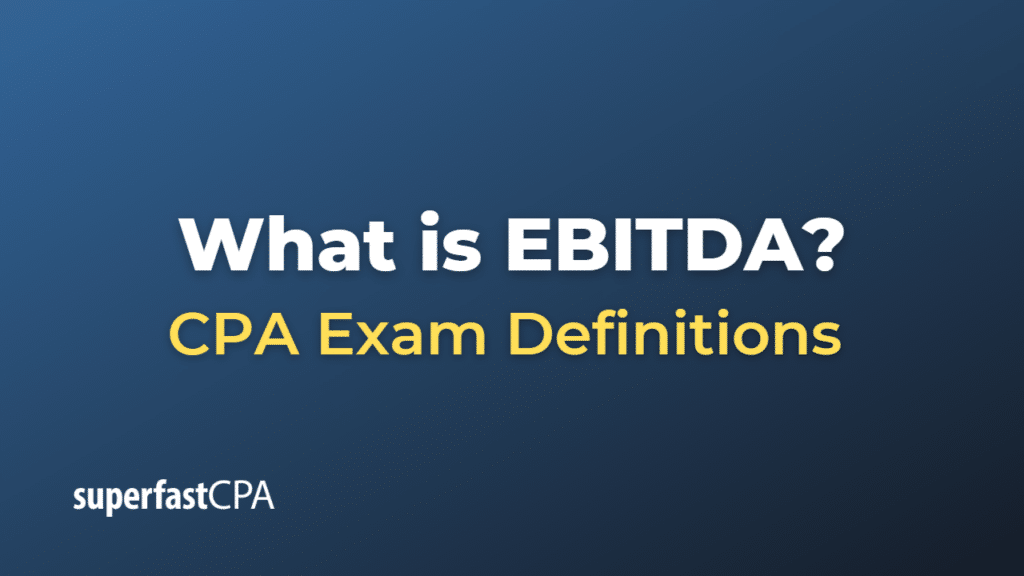EBITDA
EBITDA stands for Earnings Before Interest, Taxes, Depreciation, and Amortization. It is a measure used to analyze a company’s operating performance. It can be seen as a way to evaluate a company’s profitability before the influence of finance and accounting decisions.
Here’s how you calculate it:
EBITDA = Net Income + Interest + Taxes + Depreciation + Amortization
This measure is particularly useful when comparing the profitability between companies and industries because it eliminates the effects of financing and capital expenditures. It provides a clearer picture of the overall operational performance of the firm, as it’s not influenced by factors such as tax jurisdiction, the amount of debt a company has, or how the company finances its assets.
However, it’s important to note that EBITDA should not be used in isolation. It’s a non-GAAP (Generally Accepted Accounting Principles) measure, and since it ignores certain costs of doing business, it can sometimes make a company look more profitable than it really is. Other financial indicators should also be considered to make a well-rounded assessment of a company’s performance.
Example of EBITDA
Let’s consider a hypothetical company, “Green Energy Corp.”
In its most recent financial year, Green Energy Corp reported the following financial results:
- Net Income: $5 million
- Interest Expense: $1 million
- Taxes: $2 million
- Depreciation: $500,000
- Amortization: $500,000
To calculate EBITDA, we add all these figures together:
EBITDA = Net Income + Interest + Taxes + Depreciation + Amortization
Substituting in the values for Green Energy Corp:
EBITDA = $5 million + $1 million + $2 million + $500,000 + $500,000 = $9 million
So, Green Energy Corp’s EBITDA for this financial year is $9 million. This figure represents the company’s earnings for the year derived solely from its core business operations, without taking into account the costs of financing, tax obligations, or the depreciation and amortization of its assets. It gives a sense of the company’s operational profitability, and can be useful in comparing Green Energy Corp’s performance with other companies within the same industry.
However, it’s also important to consider other financial metrics and factors when assessing the overall health and profitability of Green Energy Corp. EBITDA, while useful, is not a comprehensive measure of financial performance.













